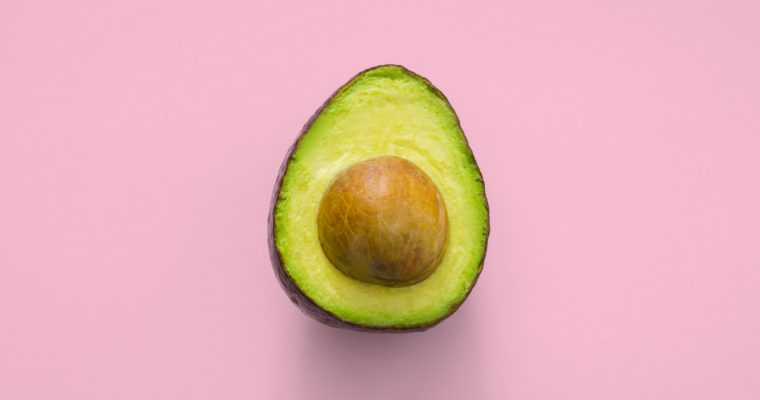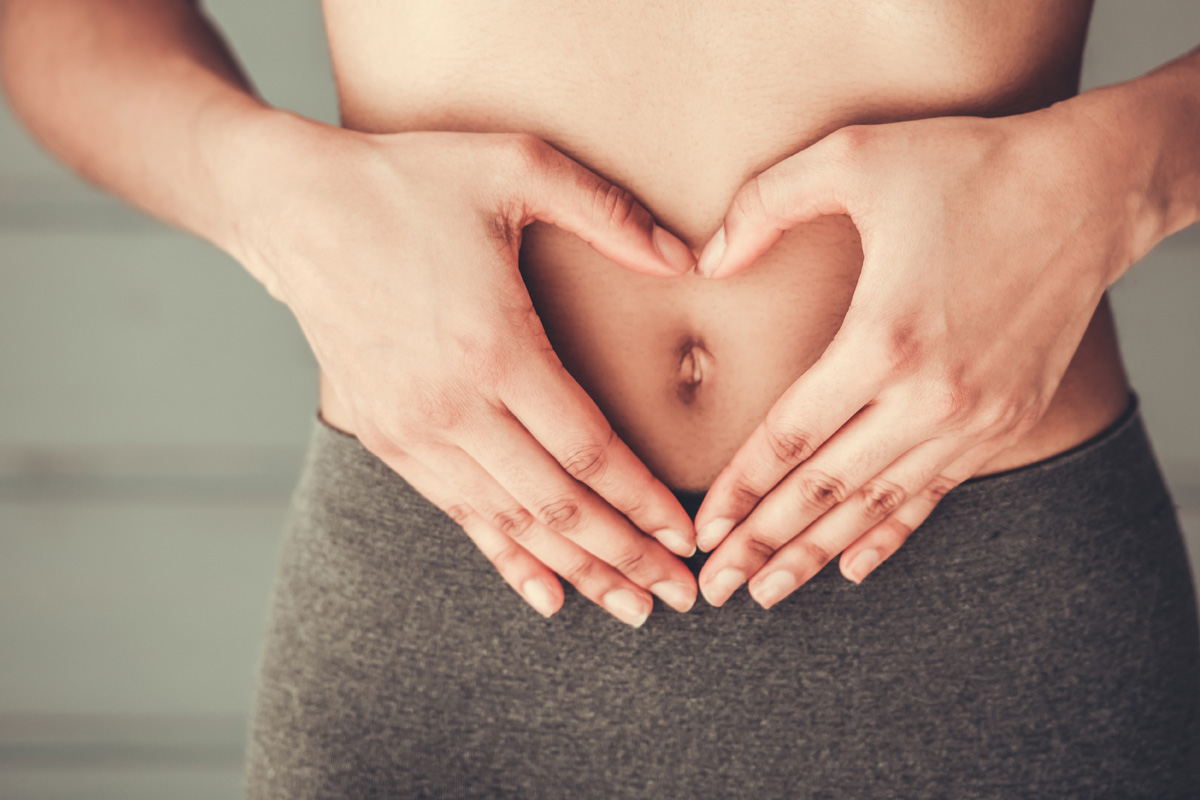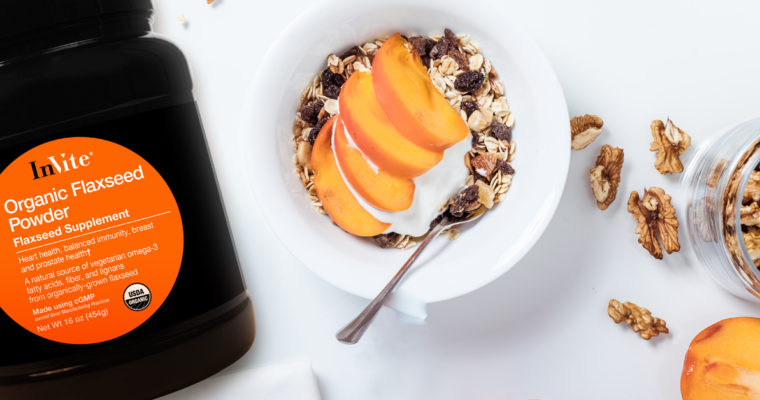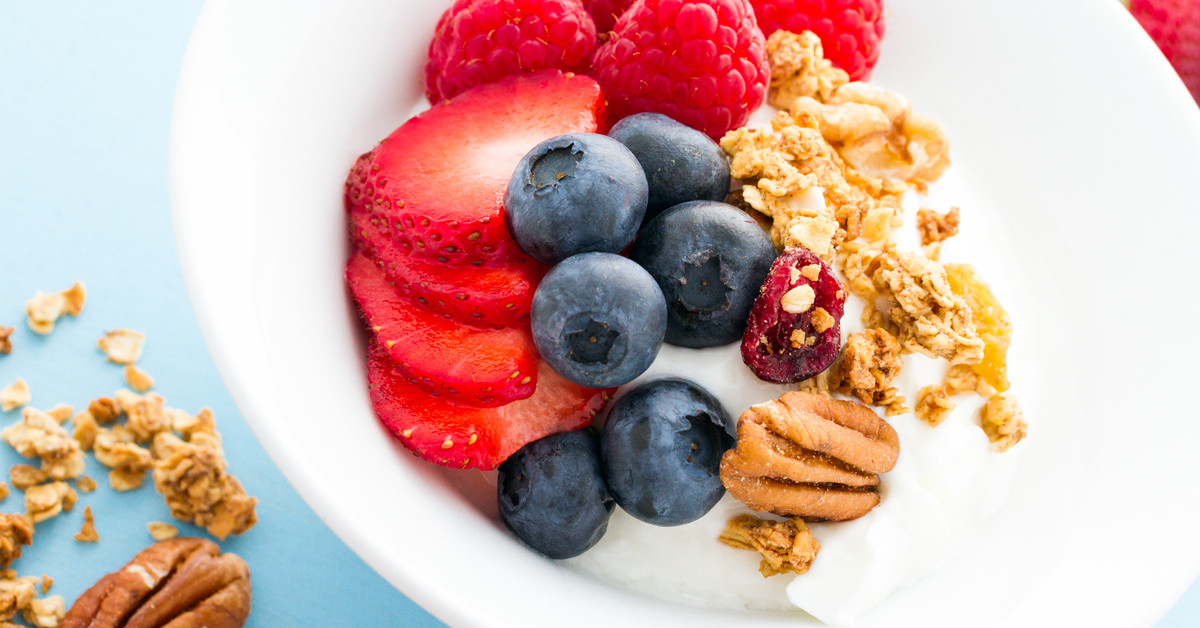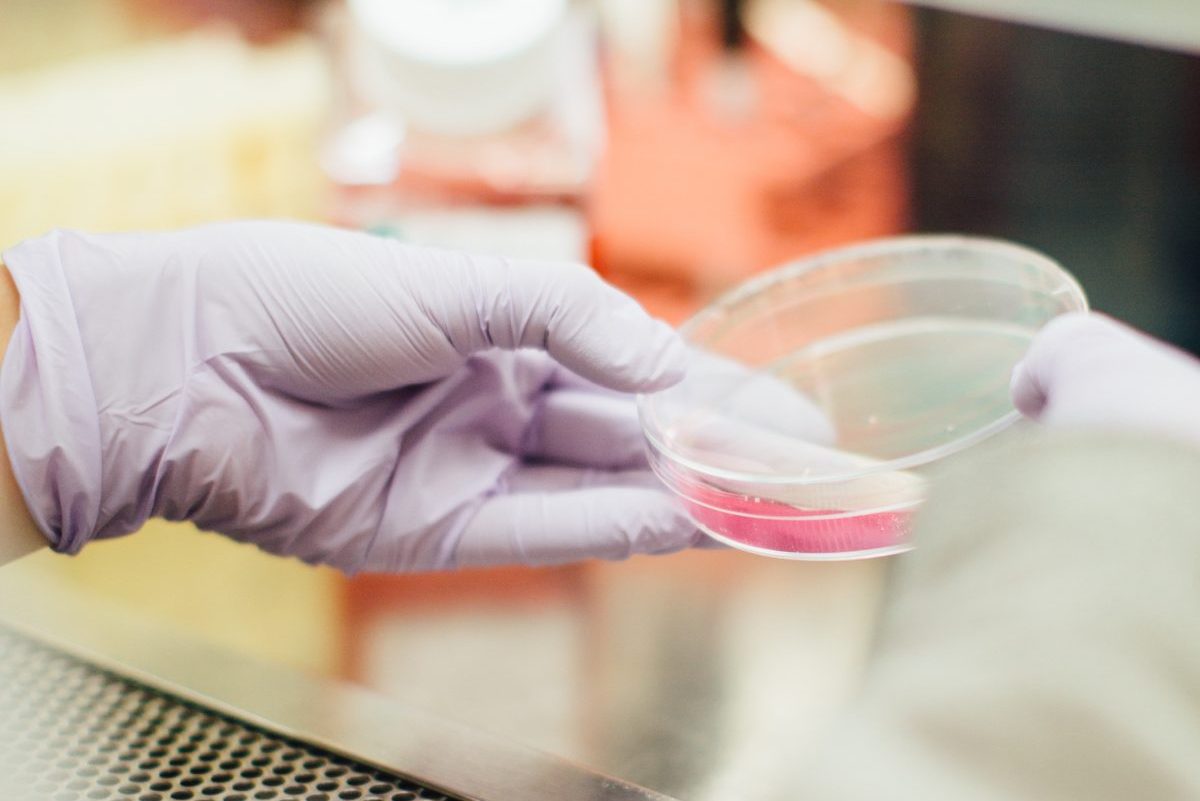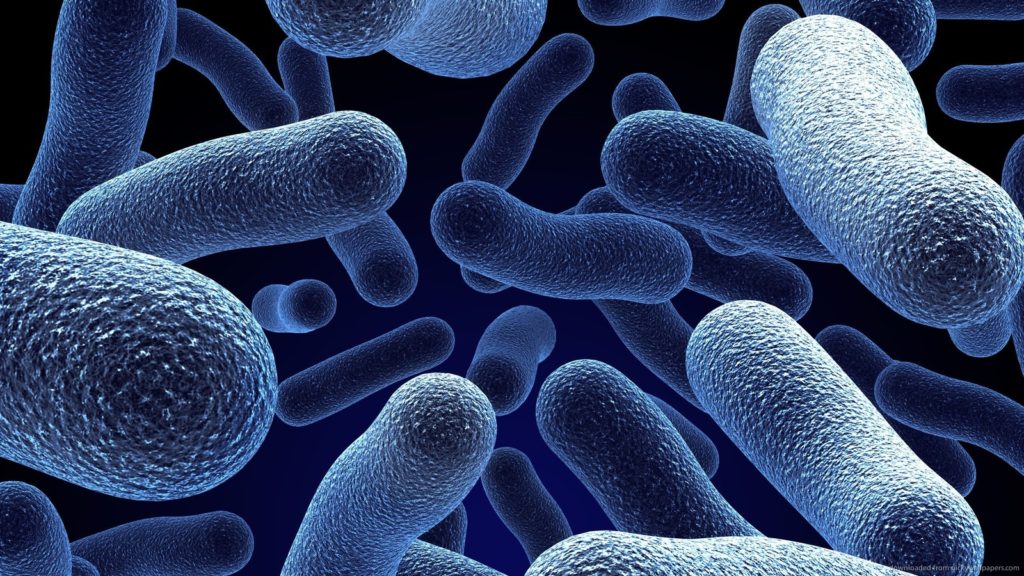DRUG
|
INDICATION FOR USAGE
|
NUTRIENTS DEPLETED
|
Opiate
hydrocodone/acetaminophen |
Narcotic for pain relief |
Folic Acid, Vitamin C, Iron, Potassium |
Statin Drugs
Lipitor, Crestor, Lescol,
Pravachol, Zocor, Mevacor |
Lowering Cholesterol |
Coenzyme Q10 |
ACE Inhibitor
Lisinopril. Altace, Accupril,
Capoten, Prinivil, Zestril, Vasotec |
High Blood Pressure |
Zinc |
Thiazide Diuretic
Hydrochlorothiazide |
High Blood Pressure |
Vitamin D, Calcium Magnesium,
Phosphorus, Potassium, Zinc, Coenzyme Q10 |
Beta Blocking Drugs
Atenolol, Corgard, Lopressor, Tenormin, Toprol XL, Metoprolol |
High Blood Pressure |
Coenzyme Q10, Chromium, Melatonin |
Loop Diuretic
Furosemide,, Lasix, Ethacrynic acid,
Edecrin, Bumex, |
High Blood Pressure, Heart Failure |
B1, B6, Vitamin C, Calcium Magnesium, Phosphorus, Potassium, Zinc |
Proton Pump inhibitor
Omeprazole, Prilosec, Prevacid,
Nexium, Protonix, Aciphex |
GERD, severe gastric ulceration |
Beta-carotene, B1, B12, Folic Acid, Calcium, Zinc |
Biguanide
Metformin, Glucophage |
Diabetes, Pre-diabetes |
Folic Acid, B12 |
Bisphosphonate
Fosamax, Actonel, Boniva,
Didronel, Skelid |
Osteoporosis |
Calcium Magnesium, Phosphorus |
Corticosteriod
Flonase, Beclovent, Beconase, QVar,
Vancenase, Vanceril |
Asthma, Allergic Rhinitis |
Beta-Carotene, B6, Folic Acid,
Vitamin C, Vitamin D, Calcium Magnesium, Potassium, Selenium, Zinc, Melatonin |
Fluoroquinolone Antibiotic
Levaquin, Avelox, Cipro, Floxin, Noroxin,
Penetrex, Trovan |
Bacterial Infection |
Biotin, B1, B2, B3, B6, B12, Zinc, Healthy intestinal bacteria |
Conjugated Estrogen
Premarin Hormone replacement therapy,
birth control pills |
Hormone Replacement Therapy |
B6, Vitamin D, Calcium Magnesium, Zinc, Folic Acid, B12 |
Beta-2 Adrenergic Receptor Agonist
albuterol aerosol
Brethine, Proventil, Tornalate, Ventolin,
Xopenex |
Asthma, COPD |
Potassium, and possibly Calcium Magnesium, Phosphorus |
Corticosteroid
Prednisone, Deltasone, Celestone,
Cortisone, Cortef, Cortone,
Dexamethasone, Decadron, Hydrocortone,
Medrol, Methylprednisolone |
Severe Inflammation, Autoimmune
Disease, Immune System Suppression |
Beta-Carotene, B6, Folic Acid,
Vitamin C, Vitamin D, Calcium Magnesium, Potassium, Selenium, Zinc |
Calcium Channel Blocking Drugs
• amlodipine (Norvasc)
• felodipine (Plendil)
• nifedipine (Procardia, Adalat)
• nimodipine (Nimotop)
• nisoldipine (Sular) |
High Blood Pressure |
Vitamin D |
Sulfonylurea
glyburide, glipizide, glimepiride,
Amaryl, Diabeta, Glucotrol,
Glynase, Micronase |
Diabetes |
Coenzyme Q10 |
Cardiac Glycoside
Digoxin, Digitek, Lanoxin,
Lanoxicaps |
Heart Failure, Arrhythmias |
Calcium Magnesium,
Phosphorus, Potassium, B1 |
Penicillin Antibiotic
Amoxicillin, Amoxil, Trimox, Penicillin |
Infection |
Healthy Intestinal Bacteria, B1, B2, B3, B6, B12, Vitamin k, Folic Acid, Biotin, Inositol |
Macrolide Antibiotics
Erythromycin, Azithromycin,
Biaxin, Zithromax |
Infection |
Healthy Intestinal Bacteria,
B1, B2, B3, B6, B12,
vitamin K, Folic Acid, Biotin, Inositol |
Tricyclic Antidepressants
amitriptyline, clomipramine,
doxepin imipramine,
Anafranil, Asendin, Elavil,
Tofranil, Vivactil |
Depression |
Coenzyme Q10, B2, Sodium |
Potassium Sparing Diuretics
amiloride, spironolactone, triamterene,
Aldactone, Dyazide, Dyrenium, Maxzide |
Heart Failure, High Blood Pressure |
Calcium Magnesium, Phosphorus
Watch for a high Potassium level |
OTC (non-prescription medication)
|
NSAID
Ibuprofen, naproxen and other
Arthritis drugs |
Inflammation, Pain |
Folic Acid |
Aspirin
|
Pain, Inflammation, Fever (adults) |
Folic Acid, Vitamin C,
Iron, Potassium, Zinc |
Acetaminophen
Tylenol |
Pain, Fever |
Coenzyme Q10, Glutathione |
Antacids
Amphojel, Basaljel,
Aluminum Hydroxide plus Magnesium,
Gaviscon, Gelusil, Maalox, Mylanta |
Gastritis, GERD |
Beta-Carotene, Folic Acid, Vitamin D, Calcium Magnesium, Chromium, Iron, Zinc, Phosphorus |
Laxatives with Bisacodyl
Carter’s Little Pills, Correctol, Dulcolax,
Feen-a-Mint, PMS-Bisacodyl |
Constipation |
Calcium, Potassium |
H2 Inhibitors
Famotidine, Pepcid,
Tagamet, Zantac |
Ulcer, GERD |
Folic Acid, B1, B12, Vitamin D,
Calcium, Iron, Zinc |
